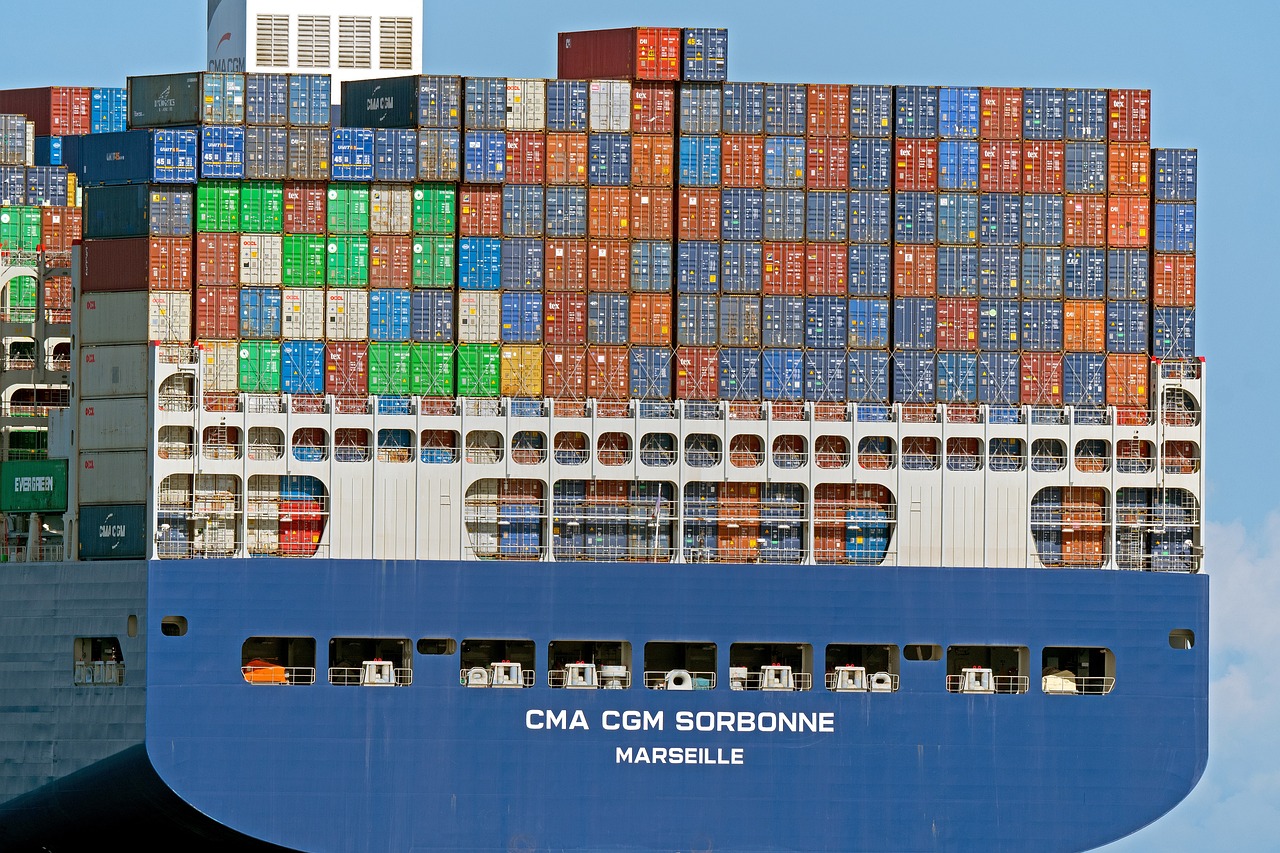
Houthi Rebels Renew Attacks On Red Sea Shipping
The key development is that Yemen’s Houthi rebels resumed aggressive attacks on commercial shipping in the Red Sea in July 2025, killing three crew members and injuring two others on a Liberian-flagged cargo ship. This marks the first such assault since November 2024 and signals a potential new campaign targeting a critical maritime trade route, which annually handles about one trillion dollars in goods. The attacks threaten regional stability, global commerce, and the freedom of navigation in this strategically vital corridor.
Details Of The Recent Attacks On Cargo Vessels
The latest assault involved the Greek-owned bulk carrier Eternity C, which was targeted by Houthi fighters using small boats and bomb-carrying drones. This attack resulted in three fatalities and two injuries, one of whom lost a leg. Security personnel aboard the vessel returned fire, but the ship remains adrift in the Red Sea. Prior to this, on July 6, the Houthis attacked another Liberian-flagged, Greek-owned bulk carrier named Magic Seas with drones, missiles, and rocket-propelled grenades. The crew of 22 abandoned the vessel, which the Houthis claimed sank with its cargo of fertilizer and steel billets bound for Turkey.
Impact On Maritime Security And Global Trade
The European Union naval force, Operation Aspides, condemned these attacks as a serious escalation threatening maritime security. Between November 2023 and January 2025, Houthis targeted over 100 merchant vessels in the Red Sea, sinking two ships and killing four sailors. These incidents had already reduced shipping traffic in the corridor. Although traffic had begun to pick up in recent weeks, the renewed attacks risk further disruption to a route responsible for roughly $1 trillion in annual trade. The EU warned that these actions endanger not only regional peace but also the global economy and humanitarian conditions in Yemen.

Geopolitical Context And Regional Tensions
These assaults occur amid heightened tensions in the Middle East. They follow Israeli airstrikes on Houthi positions in Yemen and come as the Israel-Hamas war sees a fragile ceasefire effort. Additionally, Iran’s possible resumption of nuclear negotiations after U. S. – led airstrikes complicates the geopolitical landscape. The Houthis justify their attacks as retaliation against Israel’s offensive in Gaza, having launched over 100 missile and drone strikes on commercial and military ships since late
2023. The recent pause in attacks ended after a U. S. air campaign targeting the Houthis in March 2025, which had temporarily suppressed their maritime aggression.

Potential For Renewed Western Military Involvement
The renewed Houthi campaign raises concerns about increased involvement from U. S. and Western forces. The Trump administration had launched a significant airstrike campaign against the Houthis earlier in 2025, which contributed to a temporary reduction in attacks. With the Houthis now escalating assaults on commercial vessels, there is a heightened risk that the conflict in Yemen could expand, drawing in external military powers and further destabilizing the Red Sea region. The EU and allied forces emphasize the necessity of halting these attacks to preserve maritime security and prevent broader conflict escalation.






